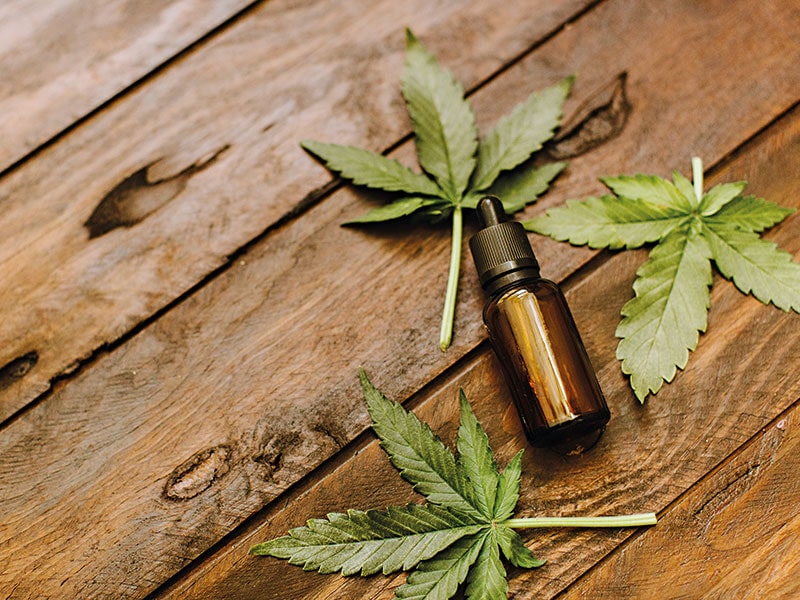Stress is our body’s way of reacting to the pressure of difficult or uncomfortable situations and can cause a physical, mental or emotional reaction. Occasional stress is a normal reaction when we feel overwhelmed by work, school, home, parties, shopping or the general complications of our daily lives.
There are also many ways to manage this occasional stress. Exercise, meditation, good nutrition and restful sleep are some of the main methods. These traditional methods are helpful whenever you’re feeling overwhelmed, but if you’re looking for extra support, CBD for occasional stress is a great option.
Read on to learn more about how CBD can help with occasional stress:
What is CBD?
CBD stands for cannabidiol, one of the many active compounds found in the hemp plant. Hemp-derived CBD contains a small amount of THC (less than 0.2%), but is considered to be non-toxic.
CBD has been shown to support a sense of calm for concentration, manage daily stress, support healthy recovery from exercise-induced inflammation, maintain healthy sleep cycles and occasional anxiety. CBD is often found in products such as oils, CBD candies, capsules.
What is the difference between CBD and hemp?
Although CBD and hemp come from the leaves and flowers of the hemp plant, there is one important difference: THC. The acronym stands for tetrahydrocannabinol, which is the cannabinoid responsible for hemp high. Some hemp strains contain between 17% and 28% THC. But hemp must contain less than 0.2% THC, which is not enough to cause intoxication. Licensed hemp producers must follow strict regulations and undergo extensive testing to ensure that the product remains safe and compliant.

How does stress affect the body?
You may think that stress only affects your brain, as you juggle life’s priorities and demands. However, stress can affect many parts of the body and contribute to long-term health problems, such as digestive problems, headaches, sleep disorders and other symptoms.
When your brain detects that you are stressed, it reacts. The hypothalamus – a small area of the brain responsible for many regulatory functions – activates the “stress hormones” adrenaline and cortisol. Adrenaline increases heart rate and immediate energy consumption, while cortisol increases blood sugars and directs them to essential functions. These are the “flight or fight” hormones needed when, for example, you have to run from a tiger in the jungle.
The problem is that when your body senses that you have to run from a tiger several times a day, you feel more adrenaline and cortisol than is good for you. Its long-term effects can increase the risk of headaches, digestive problems, weight gain, sleep disorders, heart disease, memory and concentration problems, anxiety and depression.
How does CBD help combat stress?
There is a difference between chronic stress and occasional stress. Chronic stress is long-term, unresolved stress that leads to ongoing symptoms and potentially impaired brain function. Occasional stress is short-term stress, triggered by a specific situation that then resolves. CBD can help with daily life stressors and provide a sense of calm to focus when occasional stress arises.
Although anxiety and stress are two different conditions and manifest in the body differently, they are related in how the body tries to cope with them and in the negative effects they can have over time.
Click here to check out top cbd oil uk to learn more great information.
